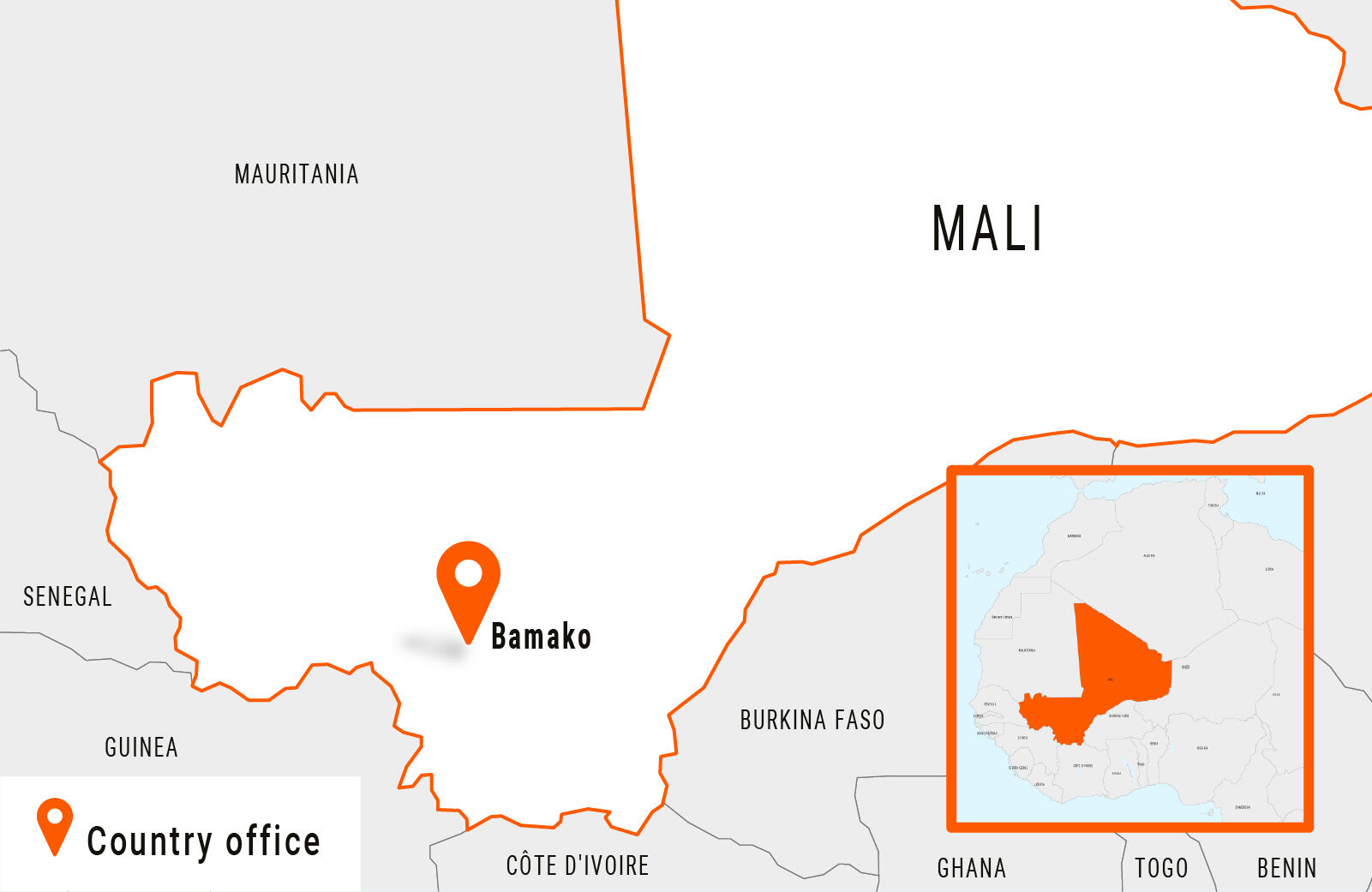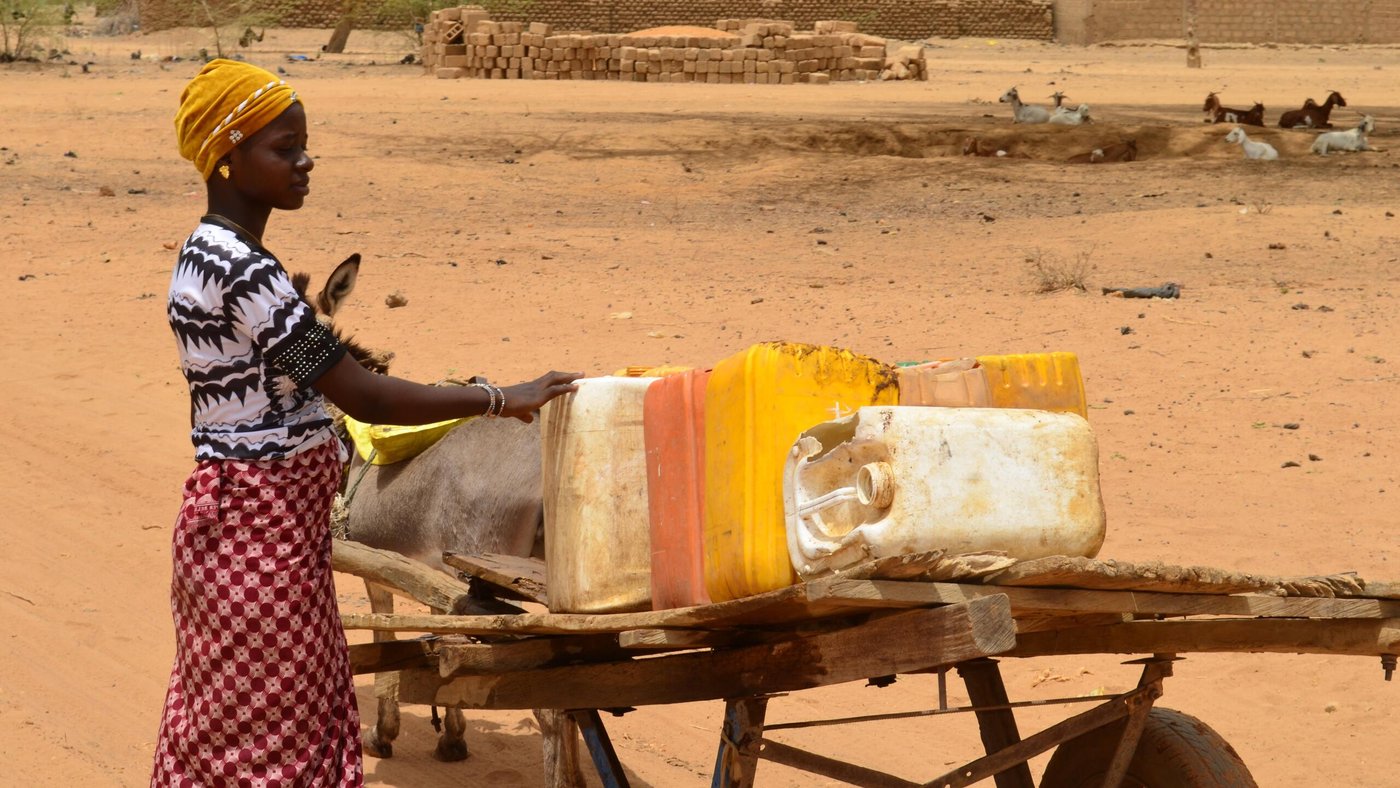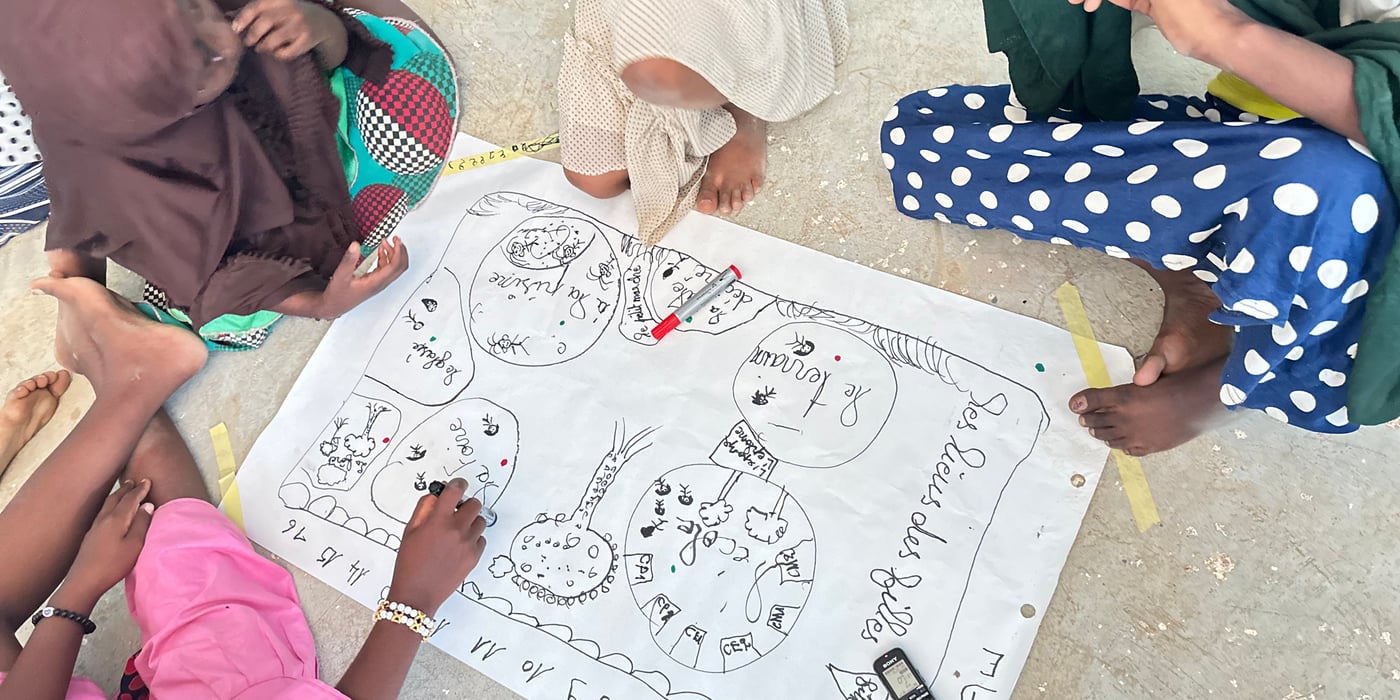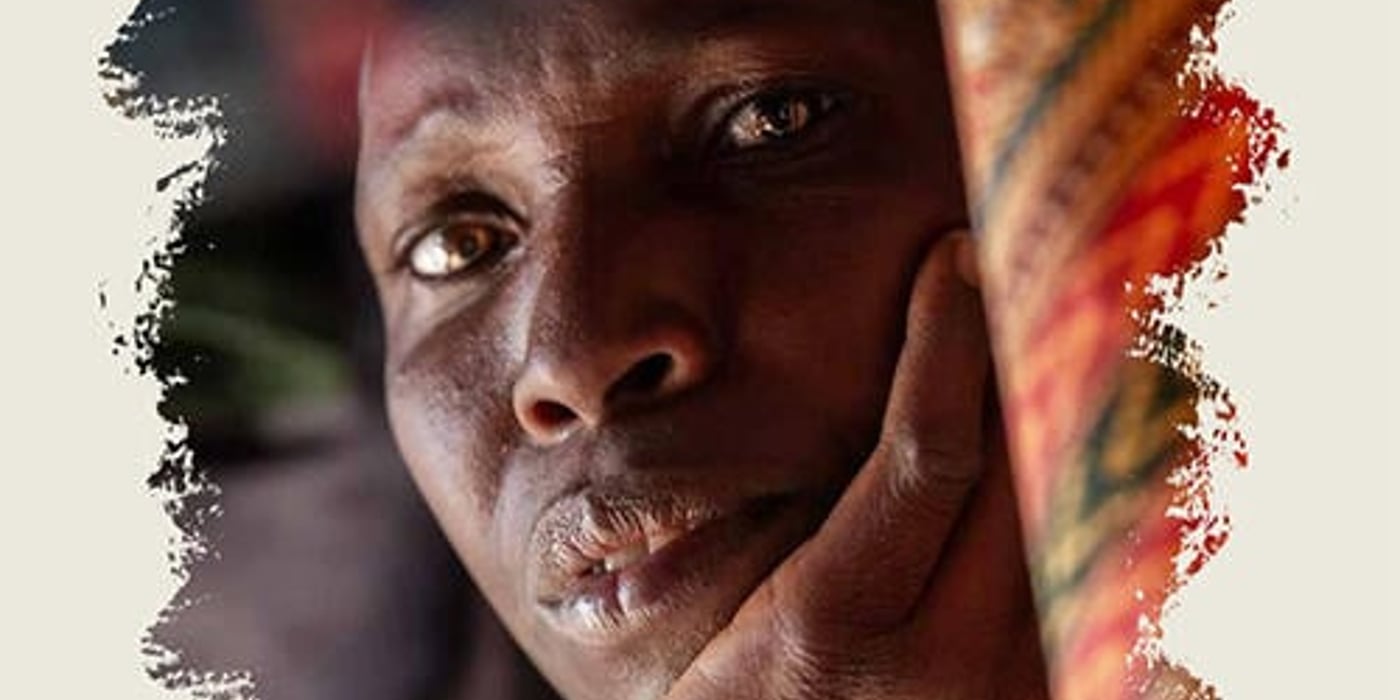The Norwegian Refugee Council (NRC) is helping these displaced families to find safety, shelter and support, and making sure their children don’t miss out on their education.
What’s happening in Mali?
In 2012, armed groups took control of Mali’s northern regions. Violence soon spread to central and southern parts of the country. Although the Agreement for Peace and Reconciliation was signed in 2015, it was unilaterally ruptured by the Malian authorities in January 2024. Today, the situation remains unstable – and thousands of families continue to be driven from their homes in fear.
These families now face uncertainty, poverty and chronic food shortages, as well as a lack of basic services like healthcare, especially in remote areas. Over half a million children have had their schools closed and their education disrupted due to the conflict, while many more are traumatised after everything they’ve been through.
Mali also hosts almost 123,000 refugees from neighbouring countries, especially Niger and Burkina Faso, who are likewise in need of aid.
Our response
We’re working with our partners in the following areas:
- Water, sanitation and hygiene – providing decent sanitation facilities for schools and communities, as well as water for crops and livestock.
- Shelter and settlements – helping people find safe, suitable places to live and distributing essential household items like blankets, cooking pots and mosquito nets.
- Livelihoods and food security – providing cash assistance, livestock and agricultural support, and income-generating opportunities like community gardens and village savings associations.
- Education – offering catch-up classes to children who’ve missed out on their schooling, training teachers to provide psychosocial support, and distributing classroom materials and furniture, so children can study in a safe environment.
- Protection from violence – supporting conflict resolution and helping communities to protect themselves from violence.
- Information, counselling and legal assistance – helping people obtain legal documentation, access services, and claim their housing, land and property rights.
- Emergency response – responding rapidly when disasters strike and providing food, shelter, portable water supplies and household essentials for newly displaced families.
Our operations
NRC office established: 2013
Areas of operation: Bamako (Country Office), Gao, Timbuktu, Mopti, Menaka
Country Director: Maclean Natugasha
Contact: maclean.natugasha@nrc.no

Our impact
In 2024, we assisted 234,938 people through our programmes in Mali:
-
57,089Education
-
86,142Livelihoods and food security
-
52,609Shelter and settlements
-
9,042Protection from violence
-
46,431Information, counselling and legal assistance
-
73,549Water, sanitation and hygiene
-
2,704Other activities
Note: some people received more than one type of assistance.








